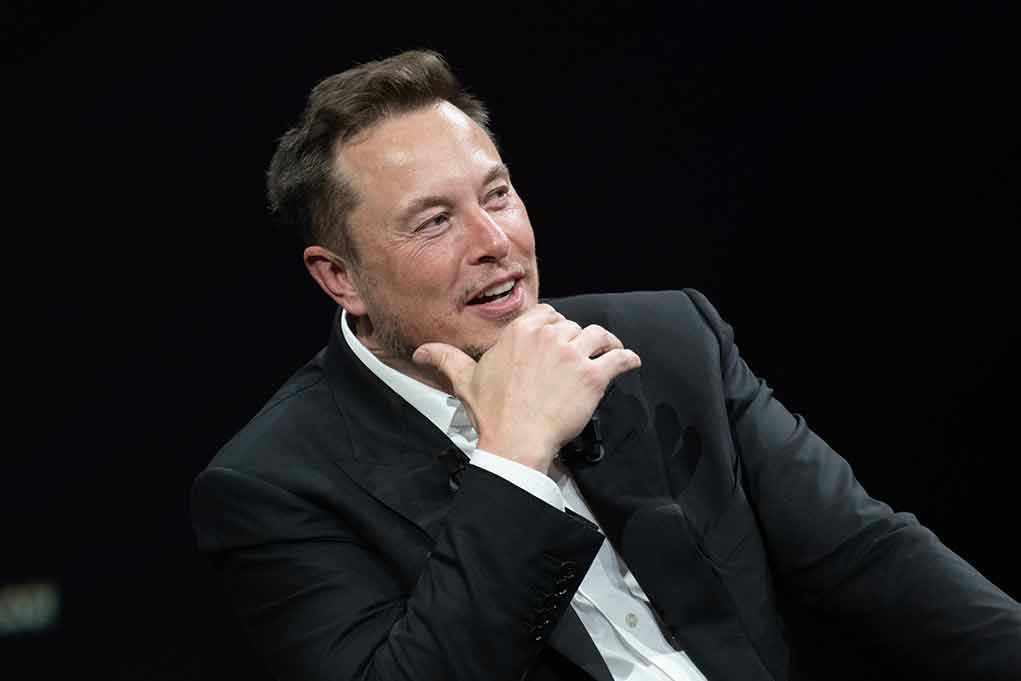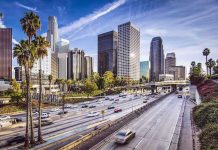
Pope Leo XIV’s recent critique of Elon Musk’s potential trillionaire status highlights a growing concern over wealth disparity and its threat to societal values.
Story Highlights
- Pope Leo XIV criticizes Elon Musk’s projected trillionaire status.
- The pope challenges the effectiveness of the United Nations.
- Renewed debate on wealth inequality and societal values.
- Historic papal tradition of advocating for economic justice continues.
Pope Leo XIV’s Bold Critique of Wealth Disparity
Pope Leo XIV, in his first public interview since being elected in May 2025, has taken a bold stance by directly criticizing the projected wealth of Elon Musk, the CEO of Tesla and SpaceX. The pope’s remarks focus on the widening gap between the incomes of CEOs and ordinary workers, emphasizing the moral and ethical concerns of such a disparity. He expressed fear over societal values being overshadowed by the pursuit of extreme wealth, an issue that resonates with conservatives who prioritize traditional values and economic fairness.
The critique also extends to global institutions like the United Nations, which the pope questioned for their effectiveness in addressing major crises. This aligns with conservative frustration over international bodies perceived as overreaching and ineffective. By invoking the legacy of Pope Leo XIII’s 1891 encyclical on workers’ rights, Pope Leo XIV continues a longstanding tradition of the Catholic Church advocating for economic justice.
Implications for Global Economic Justice
The pope’s statements have sparked a renewed global debate on wealth inequality, a topic that has been increasingly scrutinized as tech CEOs, like Musk, amass unprecedented fortunes. The focus on Musk, a symbol of technological entrepreneurship and extreme wealth, highlights the tension between innovation and social responsibility. By addressing these issues, Pope Leo XIV seeks to influence public discourse and encourage policymakers to consider the societal impacts of wealth concentration.
The pope’s words could potentially affect public perceptions of both the Catholic Church and high-profile billionaires. They also challenge the legitimacy and effectiveness of global institutions like the United Nations, calling for a reevaluation of their roles in solving international economic disparities.
Public Reaction and Potential Policy Shifts
The reaction to Pope Leo XIV’s interview has been significant, with media and public attention focused on his direct critique of Musk and the broader issue of wealth inequality. While no direct response from Elon Musk or the United Nations has been reported, the pope’s remarks have already intensified discussions on the moral responsibilities of the ultra-wealthy. This could lead to calls for wealth redistribution, higher taxes on the ultra-rich, and reforms in corporate governance, aligning with the conservative value of ensuring economic justice and fairness.
As the discourse on wealth inequality evolves, the tech industry and religious organizations may face increased scrutiny over their roles and responsibilities. The Catholic Church, under Pope Leo XIV’s leadership, may continue to assert its moral authority in these debates, influencing opinions and potentially impacting policy decisions on a global scale.












